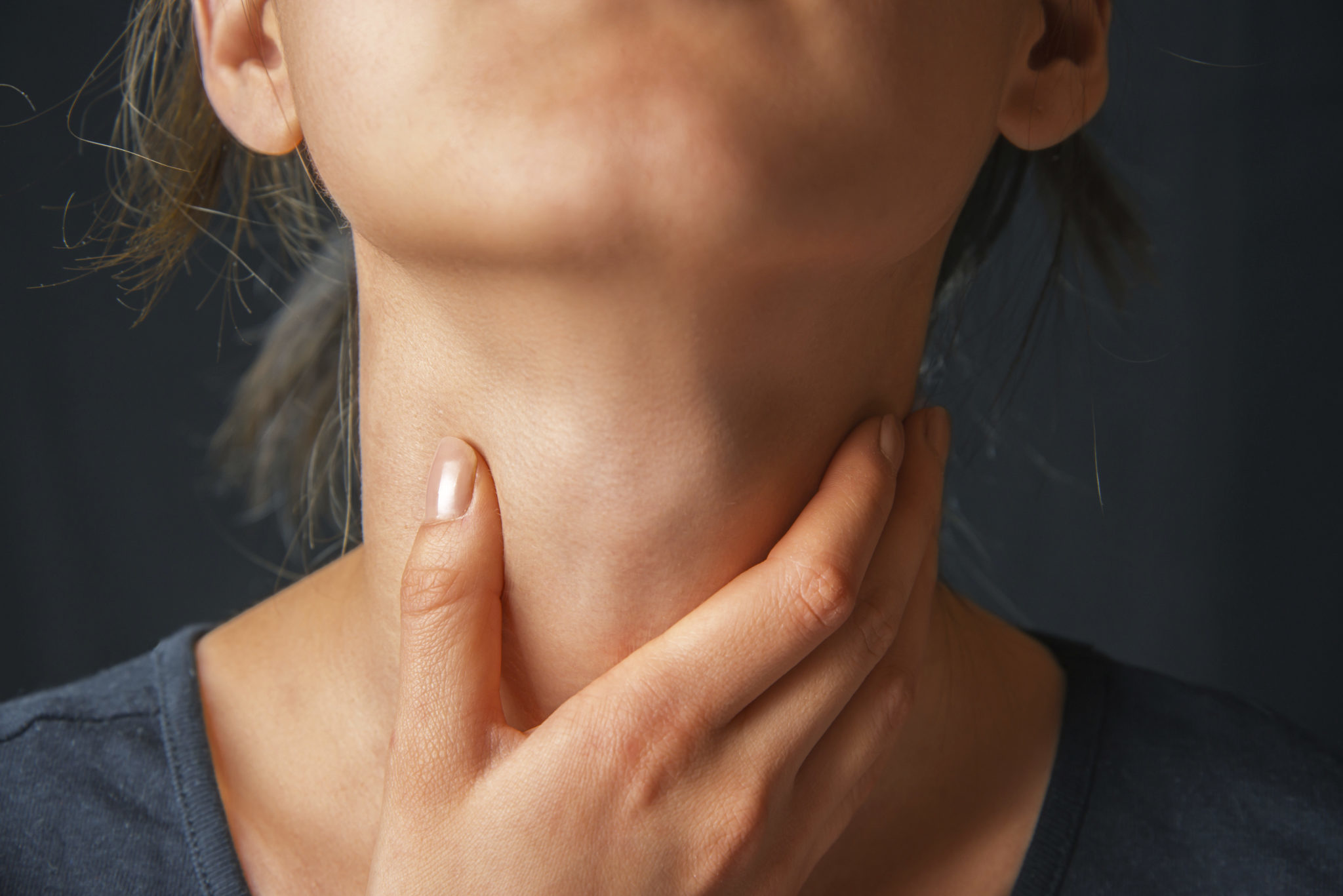

have certain conditions which compromise their immune systems.You are at high risk of serious illness from COVID-19 if you: people in correctional and detention facilities.those who have been in close contact with someone who has been diagnosed with COVID-19.travellers who have recently been overseas.In Australia, the people most at risk of catching the virus are: This means that COVID-19 could spread widely and quickly. touching objects or surfaces (like doorknobs or tables) that have droplets from an infected person, and then touching your mouth or face.ĬOVID-19 is a new disease, so there is no existing immunity in our community.contact with droplets from an infected person’s cough or sneeze.

close contact with an infectious person (including in the 48 hours before they had symptoms).The virus can spread from person to person through: If you do not have any symptoms, you should still protect yourself and others. This tool is available online at any time. Healthdirect Coronavirus (COVID-19) Symptom CheckerĪnswer questions about your symptoms to see if you need to seek medical help or get tested. If you are concerned you may have COVID-19: if your symptoms are unexpected, seem different or worse than usual, or do not respond to your usual medication.įind out more in our video featuring Dr Nick Coatsworth talking about allergies and testing for COVID-19.when you first get the allergy symptoms, and.It can be difficult to tell if your symptoms are due to allergies or to COVID-19. More information about the different symptoms is available in the COVID-19: Identifying the symptoms factsheet. itchy nose, itchy and watery eyes, and itchy throat and palate are common symptoms of hay fever but not COVID-19.fever does not occur with hay fever or allergic asthma.People who have hay fever or allergic asthma may have similar symptoms to the symptoms of COVID-19. Respiratory allergies – allergic rhinitis (hay fever) and allergic asthma To stop the spread of COVID-19 people with even mild symptoms of respiratory infection should get tested. Other symptoms can include runny nose, acute blocked nose (congestion), headache, muscle or joint pains, nausea, diarrhoea, vomiting, loss of sense of smell, altered sense of taste, loss of appetite and fatigue. People with coronavirus may experience symptoms such as: Some people will recover easily, and others may get very sick very quickly. Symptoms of COVID-19 can range from mild illness to pneumonia. Other coronaviruses include Middle East Respiratory Syndrome (MERS) and Severe Acute Respiratory Syndrome (SARS). These can range from the common cold to more serious diseases.ĬOVID-19 is a disease caused by a form of coronavirus. Coronaviruses are a large family of viruses that cause respiratory infections.


 0 kommentar(er)
0 kommentar(er)
